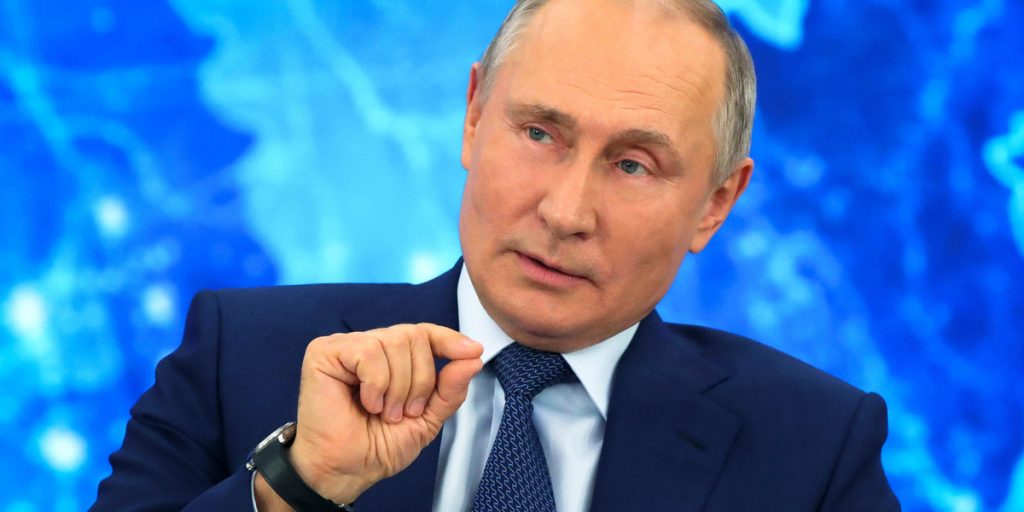The sanctions are certainly being felt in Russia.
Others are reading now
Not only does Russia face a significant decline in their oil production, but due to American sanctions, they can also anticipate increased difficulties in repairing their oil refineries.
Adding fuel to the fire, Ukrainian drone strikes targeting the nation’s oil industry could further exacerbate the situation, as reported by Reuters on April 4, based on insights from sources with knowledge of the matter.
A Complex Battlefield
The tale of the embattled Russian oil industry is one of technology denied and direct attacks from afar. With 12 of its oil refineries reportedly hit by Ukrainian drones in a bold series of strikes, Russia finds itself in a precarious position.
The aftermath of these attacks, coupled with sanctions, has plunged the nation into a quagmire of logistical and technical challenges, most notably seen in the case of Lukoil PJSC’s NORSI plant in Nizhny Novgorod Oblast.
Also read
Here, a critical gasoline-producing unit remains in disrepair after a drone attack on March 12, largely due to the withdrawal of the American multinational oil engineering company UOP from Russia post-invasion.
With the absence of UOP, which uniquely held the knowledge for repairing the damaged unit, Russia’s domestic capabilities have been stretched thin.
Efforts to revive the crucial unit have stalled, with engineers at a loss for obtaining the necessary spare parts.
As a result, the unit has been offline since January, with no clear path to resumption.
The impact is stark at the NORSI refinery, Russia’s fourth-largest, where gasoline production has plummeted by 40%.
The Bigger Picture
The strain on Russia’s oil refineries extends beyond its borders, reflecting on global oil dynamics.
The drone attacks alone have led to a shutdown of approximately 14% of Russia’s refinery capacity in the first quarter of the year, a testament to the tangible impacts of the ongoing conflict on global energy supplies.
In response, Russian Deputy Prime Minister Alexander Novak has optimistically stated that the damaged facilities could be back online within a couple of months, relying on Russian firms to step up production of the necessary components.
International Repercussions and Responses
The situation has caught the attention of international actors, with the U.S. reportedly cautioning Ukraine against further strikes on Russian oil facilities, fearing a potential surge in global oil prices.
This delicate balance was underscored by U.S. Secretary of State Antony Blinken’s statement clarifying that the U.S. has not supported strikes by Ukraine outside of its territory.
Meanwhile, Ukrainian President Volodymyr Zelensky stands firm on the strategy of targeting Russian oil and weapons facilities, asserting it as a legitimate tactic for self-defense.


